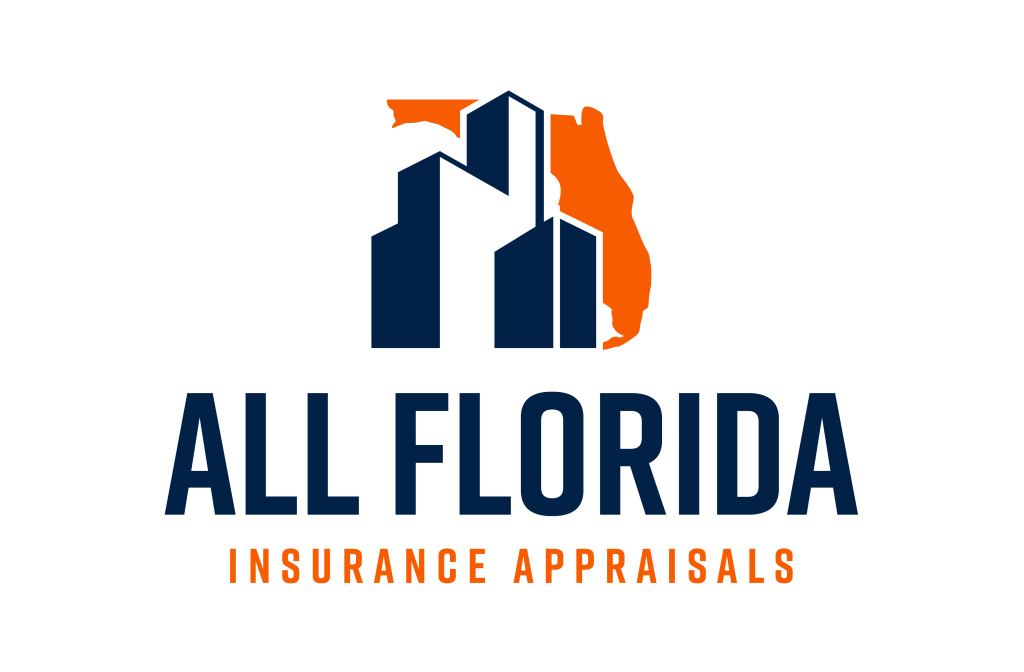When navigating insurance coverage for your commercial property, one of the most critical components to understand is the ACV appraisal, or Actual Cash Value appraisal. This valuation plays a central role in how much compensation you’ll receive in the event of property damage or loss. Whether you’re managing an office building, warehouse, retail center, or condominium complex, an accurate ACV appraisal ensures that your insurance policy aligns with the true value of your property—helping you make smart financial decisions and avoid costly gaps in coverage.
What Is an ACV Appraisal?
ACV (Actual Cash Value) appraisals estimate the current value of a property by subtracting depreciation from the replacement cost. Unlike Replacement Cost Value (RCV), which reflects the cost to rebuild using new materials, ACV represents what your property is worth at the time of loss—factoring in age, wear, and condition.
This type of valuation is widely used in insurance appraisal services and is especially common in policies designed to limit payouts based on the real-world value of structures and improvements. For example, if a roof is 10 years into a 20-year lifespan, an ACV appraisal would typically value it at 50% of its replacement cost.
Why Actual Cash Value Matters
In Florida, where storm and hurricane damage is a frequent concern, ACV appraisals help determine what your insurance will pay if disaster strikes. Insurance providers rely on ACV to:
- Calculate claims payouts based on depreciation
- Ensure policy limits are not exceeded
- Prevent overinsurance or underinsurance
- Assess the condition of aging structures
Understanding how your policy interprets value is essential. If your building is insured under an ACV policy, your payout after damage could be significantly less than the cost to fully rebuild—unless you’ve accounted for that in your risk planning.
Key Factors in ACV Appraisals
A professional Florida insurance appraiser will analyze multiple elements when preparing an ACV appraisal, including:
- Building materials and construction quality
- Year built and history of renovations
- Property condition and maintenance records
- Regional depreciation rates
- Comparable buildings in your area
This information is compiled into a formal insurance appraisal report, which serves as documentation for insurers, underwriters, and regulatory bodies.
ACV Appraisals vs. RCV Appraisals
Understanding the difference between ACV appraisals and RCV appraisals is crucial for making informed decisions about your insurance strategy. While RCV ensures full reimbursement for a brand-new rebuild, ACV reflects the true current value of your building after depreciation.
Businesses and property managers often choose ACV policies because they offer lower premiums. However, they must be prepared for the trade-off: lower claims payouts. That’s why accurate, up-to-date ACV appraisals are essential. They allow you to evaluate whether your current coverage will truly protect you or if an upgrade to RCV is more appropriate.
Who Needs ACV Appraisals?
ACV appraisals are ideal for:
- Older commercial buildings with depreciation
- Property owners looking to reduce insurance premiums
- Lenders needing to verify insurance coverage
- Insurance carriers assessing claim accuracy
- Property managers conducting reserve studies
If you’re searching for commercial insurance appraisers near me, be sure the provider has experience with both ACV and RCV calculations, understands Florida-specific depreciation trends, and can deliver a detailed insurance appraisal report.
The Role of ACV in Claims Settlement
When damage occurs, ACV plays a direct role in how your insurance claim is settled. If your structure is deemed a total or partial loss, the insurer will calculate the payout based on the building’s depreciated value, not what it would cost to rebuild today. This is why having an accurate ACV appraisal done in advance—by a qualified Florida insurance appraiser—can save time, reduce disputes, and help you plan financially.
How Often Should You Update Your Appraisal?
Due to fluctuating construction costs and changes in property condition, it’s recommended to update your ACV appraisal every 2 to 3 years—or sooner if you’ve made significant improvements or if local building codes have changed. Regular updates keep your commercial insurance appraisal relevant and ensure you remain compliant with insurance and lending requirements.
Trusted Appraisals from a Florida Expert
When it comes to protecting your commercial investment, an accurate ACV appraisal is not just a document—it’s a financial safeguard. Whether you’re renewing a policy, filing a claim, or refinancing a loan, having your property’s actual cash value professionally assessed can make all the difference in protecting your bottom line.
All Florida Insurance Appraisals is a trusted provider of commercial insurance appraisals across the state. Our experienced team delivers accurate, detailed ACV reports tailored to your property’s unique needs. With deep knowledge of Florida’s insurance landscape and appraisal standards, we help building owners make smart, secure, and informed decisions.
Contact All Florida Insurance Appraisals today to schedule your ACV appraisal and ensure your coverage truly matches your property’s value.













